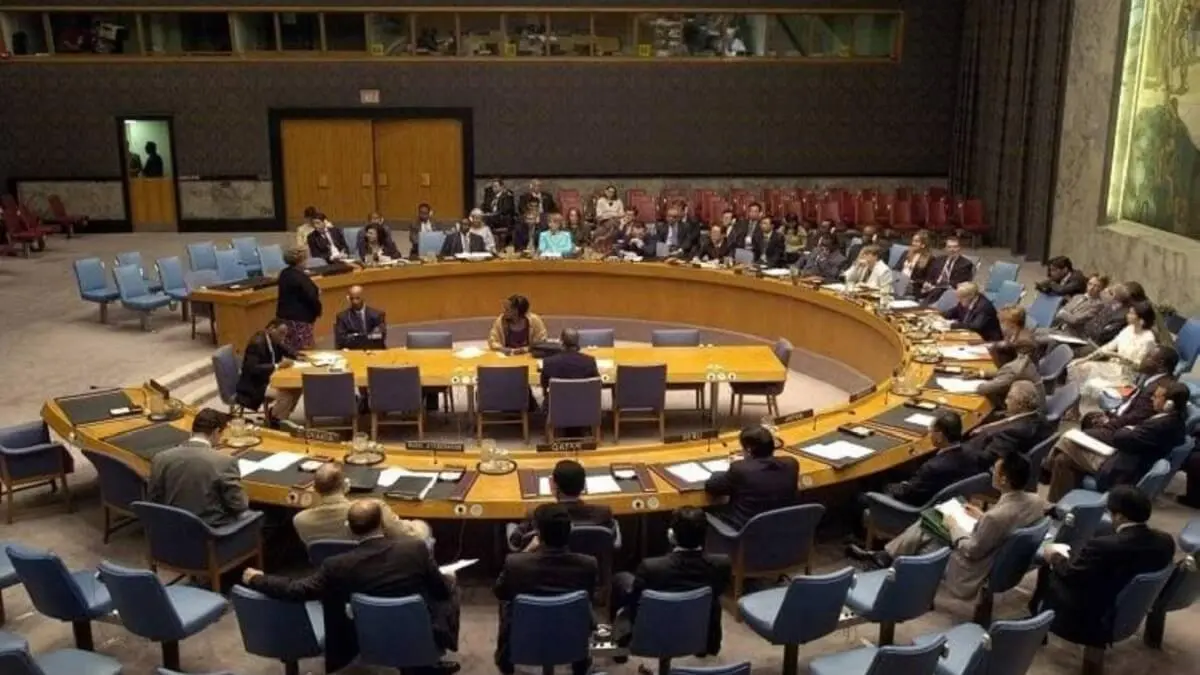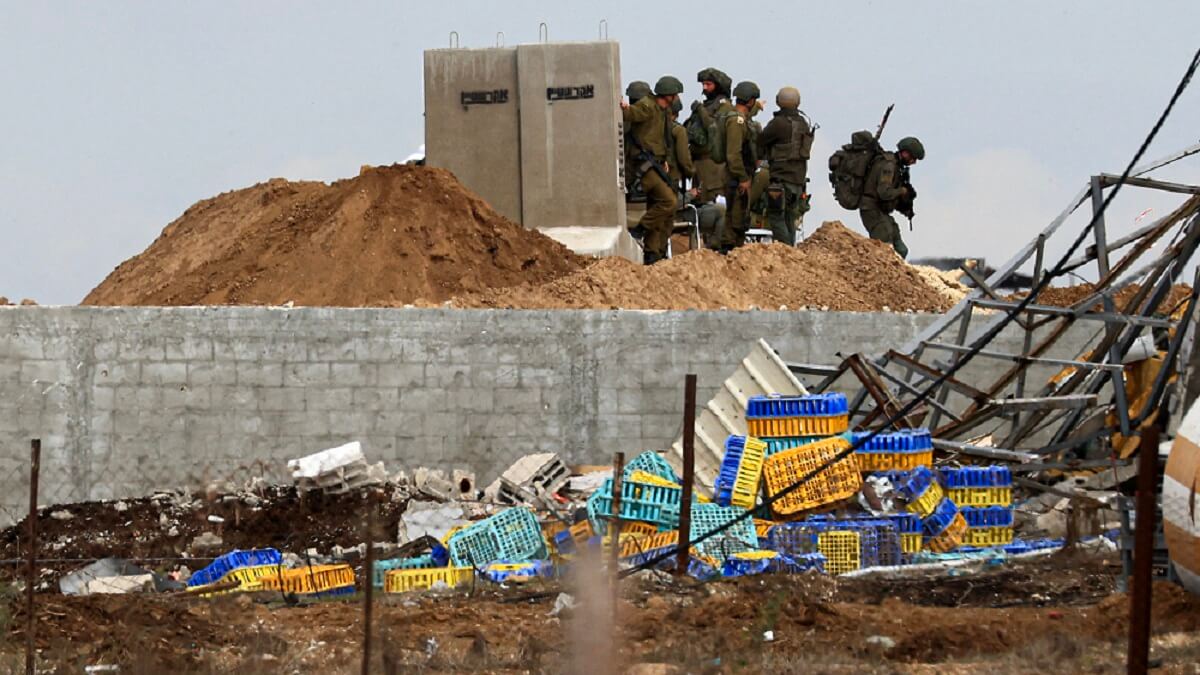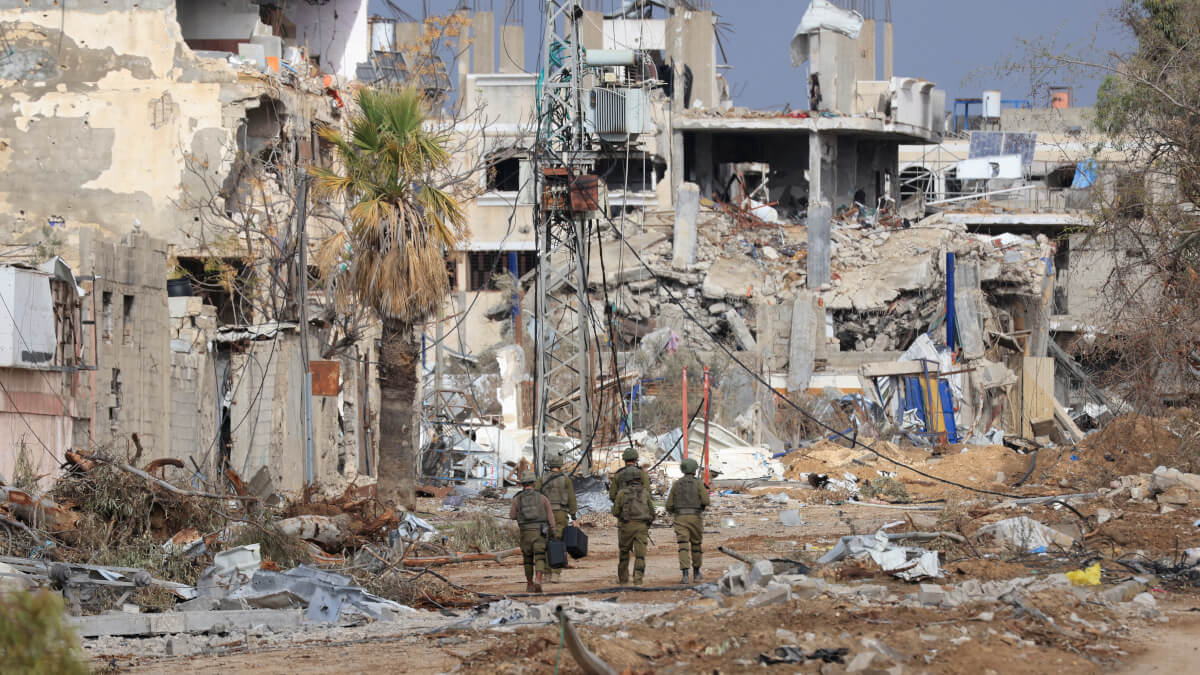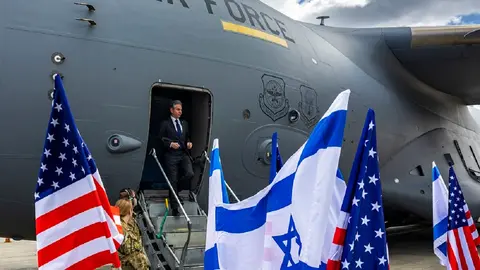UN Security Council calls for "immediate" ceasefire in Gaza

The United Nations Security Council has called for an "immediate" ceasefire in the Gaza Strip as the war between the Palestinian extremist group Hamas and the Israeli army continues.
The UN Security Council made this demand for the first time following a 14-0 vote by council members in favour of the resolution. The United States abstained in its decision, without using its veto power, and thus allowed the resolution to pass; it should be remembered that it only takes one member to oppose a resolution for it not to go ahead in the UN body.
Thus, for the first time in 170 days of war in Gaza between Israel and Hamas, the UN Security Council on Monday demanded an immediate ceasefire, which would last throughout Ramadan.

The resolution calls for a cessation of hostilities during the Muslim holy month of Ramadan, which would lead to "a durable and sustainable ceasefire". In addition, it calls on Hamas and other militant groups to release all hostages taken on 7 October.
It also demands that all those involved in the conflict "comply with their obligations under international law in relation to all those they detain". In addition, it stresses "the urgent need to expand the flow of humanitarian assistance throughout the Gaza Strip and strengthen the protection of civilians there" and reiterates its demand that "all barriers to the delivery of large-scale humanitarian assistance" be lifted.

Large-scale armed conflict with no prospect of a near resolution
The war between Israel and Hamas has been raging for more than 170 days since the Palestinian extremist group attacked Israeli territory on 7 October, killing around 1,200 people. In the aftermath of this bloody attack, the Israeli state responded with several operations in Gaza.
The fighting in the Gaza Strip has already left tens of thousands dead and the international demand for a ceasefire is resounding. Even the United States, Israel's great ally in the Middle East, has urged Benjamin Netanyahu's Israeli government to cease hostilities and prevent further massacres in Palestinian territory, where the population continues to suffer the greatest hardship due to the war offensives and the lack of all kinds of resources.
So far, mediation efforts by the US, Egypt and Qatar have not been successful. Negotiations in Qatar lacked an effective Israeli presence, and the US authorities' talks with the Israeli government to draw up a peace plan resulted in conditions that Hamas did not accept, believing that they were more favourable to the Israeli state.
The solution seems to be complicated by the festering positions between the opposing parties. Israeli Prime Minister Benjamin Netanyahu vowed to press ahead with Israel's offensive and criticised the UN Security Council's ceasefire resolution, saying it had emboldened Hamas to reject a separate proposal for a ceasefire and the release of hostages.
As the war in Gaza moves into its sixth month, each side defends its own idea of victory and has rejected international efforts to stop a war that continues to leave many dead.










